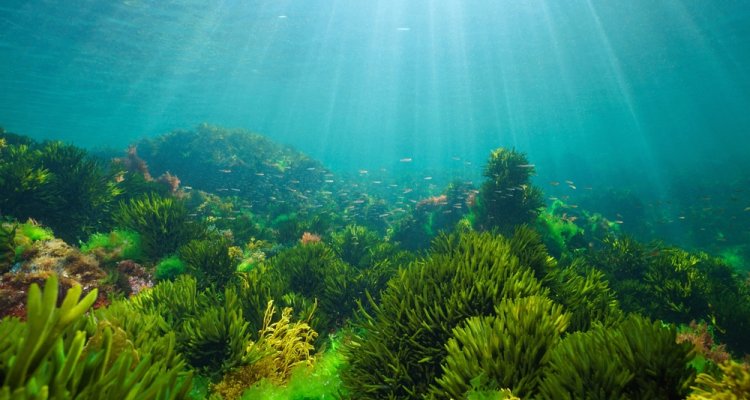
Project
Living Labs marine production
Inclusion of Low trophic marine production (seaweed, bivalves) in the food system is considered to contribute to a climate-smart and circular society. This is due to the nutrient efficiency and suitability for further development of this currently extensive and traditional industry. Ecosystem-inclusive production systems are considered to increase production and ecosystem robustness, and to facilitate the upscaling potential of climate-ecosystem-resilience. The exact role and function of these ecosystem-inclusive production systems is yet to be understood and developed.
Low trophic marine (LTM) production is conceived as a potentially climate-smart solution to provide additional food system input and to fulfil the role of integrating marine production in the food system. This integration will be either complementary or competitive to the current harvested marine biomass. Current societal claims focus on ecosystem-inclusive production as a roadmap for development of climate smart and resilient LTM-production.
Our project aims to understand what ecosystem-inclusion really means for the scale up potential; and what the consequences are for (production and socio-economic) robustness, performance, productivity and acceptance of LTM production systems in the future food systems. The analysis provides perspectives on and considerations when scaling up and will assess the sensibility for broader application.
This is done by providing insights and perspectives on food safety, ecological, social and economic sustainability and added value for the food system. The Living Lab Voordelta test site provides a case to study conditions for upscaling. The focus will be on mussel production due to the presence of practical examples, but other low trophic systems, such as seaweed will be considered as well.
This project has 5 aims that are tightly surrounding ecosystem-inclusive production systems:
- Evaluation of the role, function and reality of ecosystem-inclusive production systems in climate-resilient production systems;
- Assessment of socio-economic impacts;
- Investigation of carrying capacity related to nature-inclusion and mussel production;
- Development of a food safety by design approach to optimize and generate insights for future applications;
- Connect to the international community for shared validation.
Publications
-
Ecosystem Based Approaches in aquacultuurt: Scenario's voor Opschaling - Discussion document
-
Ecosystem Based Apporaches in aquacultuur: Scenario's voor Opschaling
-
Ecosystem Based Approaches in aquacultuur: The beginning
-
SWOT analysis of mussel production scenario’s : Work document for workshop facilitation: Exploring ecosystem positive production systems from four different angles
-
Seaweed as climate mitigation solution : Categorizing and reflecting on four climate mitigation pathways
Wiley Interdisciplinary Reviews: Climate Change (2024), Volume: 15, Issue: 2 - ISSN 1757-7780 -
Laag trofische aquacultuur in relatie tot nature based carbon removal credits